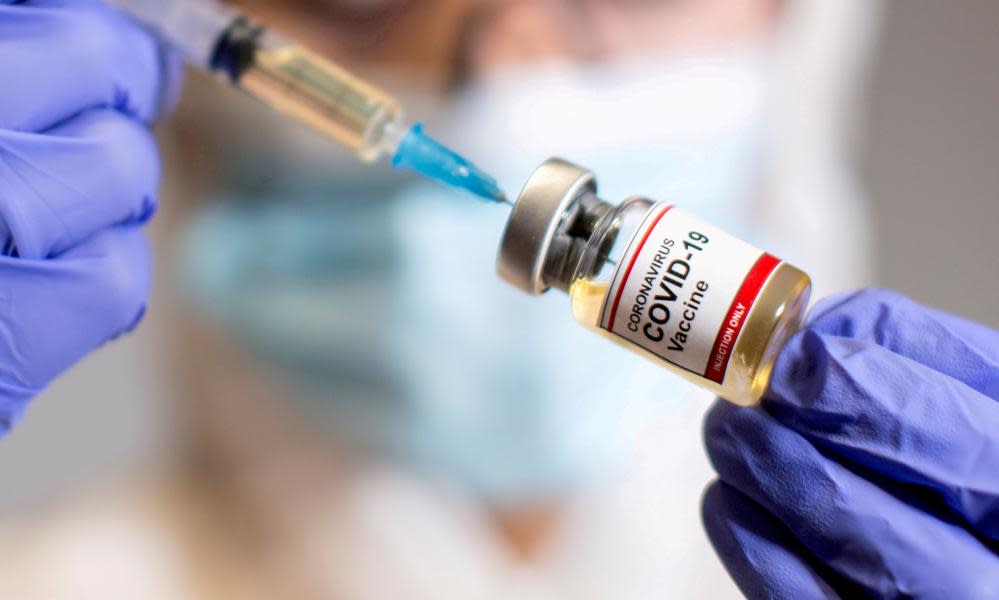The Guardian view on a vaccination programme: keep politics out of it

When the history of the pandemic is written, the tragic cost will be balanced with stories of human ingenuity and resilience. The speed with which effective vaccines have been developed will feature prominently on that side of the ledger.
No remedy existed when the threat first became apparent a year ago. It was not certain that vaccination would ever be possible. But the highest priority cases in the UK will start receiving doses of an approved vaccine in the coming weeks. The practical impact on infection rates will be modest for a while. But as a signal of what might one day be achieved, and a tonic to anyone whose spirit was flagging at prolonged social and economic restriction, Wednesday’s news is tremendous.
It represents, above all, an accomplishment of science, pursued by experts working at the frontiers of knowledge. It is a great moment for humanity, and should be celebrated in those terms. It should not be a time for political point-scoring, although it would take a government of unusual integrity to resist the temptation of grandstanding. Boris Johnson’s administration is not such a government.
Britain has approved the vaccine ahead of its European neighbours – a point advertised by ministers as the benefit of regulatory autonomy from the EU. That isn’t really true. The UK regulator may well have acted with great alacrity, but the regulatory process itself was facilitated by the continuity of data-sharing arrangements still in place by virtue of a transition period that retains terms of EU membership. And nothing in those terms legally prohibited the UK from acting as it has now done. The Brexit liberation boast is, as usual, a myth.
As for the development stage of the vaccine, like most modern scientific research, it has been a multicultural, international enterprise. Its success testifies more to the benefits that accrue in eliminating borders between nations than any effort to resurrect them.
If there is a lap of honour to be run, the government’s proper role is to applaud from the sidelines. Besides, ministers would do well to postpone glory-seeking until they have proved themselves capable of organising a national vaccination programme on an unprecedented scale. That will require a rigorous command of logistics, coordination between national and local government, clear and effective communication with the public and a sustained culture of transparency and professionalism. The record of the past year is hardly encouraging on any of those points.
There must not be a repeat of the mismanagement that has beset the national test-and-trace programme, or the dire messaging that confused people over regional lockdown rules. There is already enough public wariness of vaccinations without ministers stoking suspicion with incompetence and dishonest promises. One recent opinion poll found that about two-thirds of Britons would be prepared to have the vaccine. Around a quarter are not, with the remainder uncertain. There is much work of reassurance ahead, to which end party politics must be kept as far as possible from the whole business. Thankfully there is recognition of that imperative across the floor of the House of Commons, although the bipartisan spirit is often more vigorous in expression than application.
This process is still a long haul in the battle against Covid-19. The vaccine does not mark the end. There are countless complexities ahead. But it is a pivotal moment in the saga, and one for which everyone – regardless of nationality or political affiliation – is entitled to a moment of uncomplicated gratitude.


